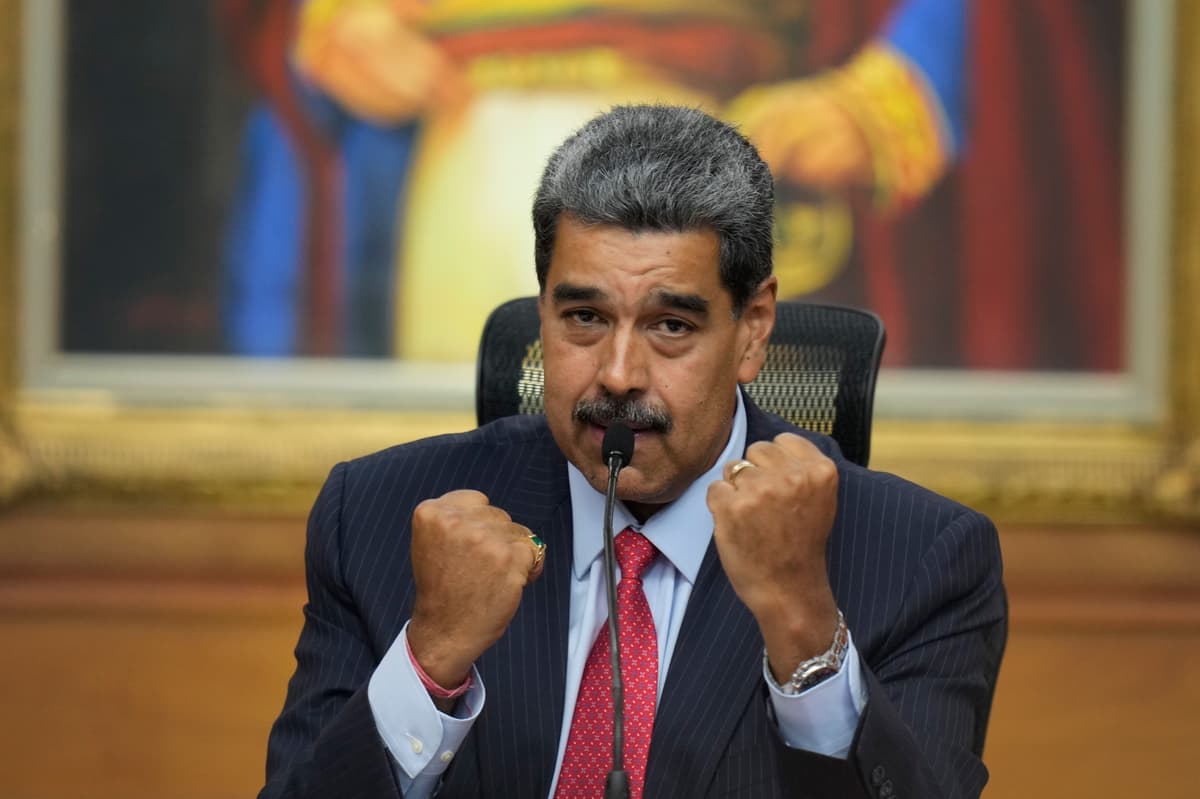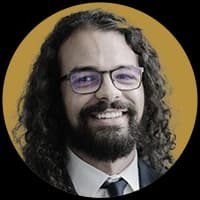Maduro, Machado Reject Calls From Lula, Petro, Biden for a Second Venezuelan Election
‘I don’t practice microphone diplomacy,’ Maduro says.

In a bid to cling to power, Venezuela’s dictator is rejecting the Brazilian, Colombian, and American calls for a new election, as the opposition leader criticizes the idea with equal distaste but the opposite rationale, branding it as “disrespect” to the Venezuelan people.
President Maduro is rejecting the suggestion by Presidents Lula and Petro’s of a new election or any kind of call for a transition of political power in Venezuela. He is claiming that his Brazilian, Colombian, and American counterparts have no right to publicly tell Venezuela how it should proceed.
The far-left Brazilian president said Thursday that he will not recognize the country’s election result as legitimate, and suggested the Venezuela hold new elections to determine a victor.
Hours later, Mr. Petro issued his opinion, turning to social media to broadcast what he believed to be the best way forward for the dictator and Venezuela, including lifting sanctions.
Messrs. Lula and Petro also called for an interim coalition government between the dictator and the election winner, Edmundo González.
Mr. Maduro quickly showed his distaste for these suggestions. “I don’t practice microphone diplomacy,” Mr. Maduro told reporters. “I never practice it, because then one becomes a counselor of other countries.”
“I’m never going to say, ‘Colombia, your government must do this,’ and present advice on my social networks,” he added. “Every president knows, every state, every country knows what it should do with its internal affairs.”
President Biden on Thursday joined the Brazilian and Colombian leaders in supporting the idea of a second election, running counter to Secretary Blinken’s statement that declared Mr. Gonzalez the winner of the July 28 elections.
“Biden is part of interventionist diplomacy,” Mr. Maduro said. “He left the world astonished by denying the president’s statements,” adding: “Biden made interventionist statements about Venezuela’s internal affairs.”
“I reject the idea that the U.S. government should be the electoral authority in Venezuela or anywhere else in the world,” he said.
Mr. Maduro even took a stab at America’s electoral process, saying the country has its own “tremendous internal problem” on that front.
Mr. Lula refuses to use the word dictatorship, and instead calls Mr. Maduro’s regime “unpleasant.” He also tells Rádio Gaúcho that the Venezuelan dictator “has the right” to place checks on Brazilian elections if he wishes.
“I don’t think it’s a dictatorship,” Mr. Lula said when asked about the nature of Venezuela’s current political structure. “It’s different from a dictatorship. It’s a government with an authoritarian bend, but not a dictatorship.”
Meanwhile, a Venezuelan opposition politician, Maria Corina Machado, repudiated the idea of a second election, saying the country’s electoral process is clearly not trustworthy, so a second vote would not bring justice to her party and the people.
“I ask you, if you don’t like the results of a second election, will we have a third? A fourth? A fifth? Would you accept that in your country?” she asked.
“To propose this is to ignore what happened on July 28, and it is a disrespect to Venezuelans,” she added. “Would you accept your government calling new elections if it did not agree with the results?
A senior fellow for Latin America at Atlas Network, Roberto Salinas, tells the Sun he agrees with Ms. Machado wholeheartedly. “Will we then have to hold elections ad perpetuam until Maduro is recognized?” he asks.
Mr. Salinas also calls “ludicrous” the proposal from Mr. Lula and his contemporaries for a coalition government.
“Why, too, a coalition government? If we apply this to Lula in Brazil, then by parity of reasoning, since he only defeated Bolsonaro by 1 percent, then he too should accommodate a coalition government,” he added.
Protests against Mr. Maduro and his dictatorial regime are set to take place across the globe Saturday, as Ms. Machado and Mr. Gonzalez continue to pressure him to step down.
“This coming Saturday, August 17, Venezuelans will unite everywhere in the world to raise their voices for the truth,” she said.
Mr. Salinas says Mr. Maduro’s grip on power is “unsustainable” and may slip before the end of the year, especially if Brazil and Colombia refuse to acknowledge his legitimacy. “Saturday’s popular demonstrations will, I think, be an inflection point,” he says.
“Maduro has shown his cards: power, or blood on the streets, and he has followed the tyrant playbook to the last comma. But, in truth, it is Maduro who is alone and in the minority, protected by his military gangs,” he adds.

